Veterans are at increased risk of mental health and substance use disorders due to the many unique factors affecting them during and after military service. Alcohol and drug abuse in veterans is cause for concern, and why veterans’ rehab centers like UpArmor Recovery are devoted to providing the best possible treatments.
If you are seeking veterans’ addiction help at an accredited veterans’ addiction recovery center, reach out to UpArmor Recovery to learn more. We can help you understand the risk factors for addiction in veterans, how addiction treatment works, and your options for rehab plans. Call us today at 855.211.5537 or use this form to connect.
Why Is Addiction Common Among Veterans?
Veterans are at greater risk for a substance use disorder because of the culture and experiences associated with the military. Some of the factors unique to having served in the military include:
- Sustained stress due to deployment or combat
- Trauma leading to post-traumatic stress disorder (PTSD) and other mental health disorders
- Chronic pain and health issues
- A culture in which seeking support or help is seen as a weakness
- Difficulties with reintegration into post-military life
Coming home, dealing with PTSD, depression, or anxiety, possibly facing job difficulties, housing insecurity, and interpersonal challenges with family, veterans who have experienced a pro-alcohol culture while serving in the military may turn to drinking or other substances to try to deal with high stress and medicate mental health symptoms. In addition, many veterans come home hooked on prescription pain medications due to an injury and find they are addicted.
The more complex life is after discharge, the more difficult it is to decide to get help. Many veterans do not believe they deserve support or are hemmed in by their own biases about what needing help means about them.
Barriers to Seeking Help at a Veterans’ Addiction Recovery Center
Despite a high risk of substance use and a need for support and services, help-seeking is difficult for veterans because of stigmatizing stereotypes about mental illness that are society-wide but often amplified in military culture. Many veterans who could benefit significantly from professional mental health or substance abuse help are unwilling to seek it. They are often:
- Afraid of the vulnerability required in talking openly about their struggles
- Fearful about being seen as weak
- Convinced others will judge them and find them wanting if they admit they need help
- Acculturated to believe that soldiers and former soldiers are meant to be saviors and should not need saving
The prevalence of addiction in veterans is significant. When 900,000 veterans abuse alcohol, 300,000 misuse drugs, and 80,000 have a co-occurring alcohol and drug use disorder, and many of them can’t or don’t access the care they need and deserve, programs like the one at UpArmor Recovery seek to connect the people who need it to our top-quality, professional veterans’ addiction help.
Treatment for Alcohol and Drug Abuse in Veterans at UpArmor Recovery
UpArmor specializes in treating addiction and co-occurring mental health disorders among veterans and first responders. These populations often suffer from PTSD, and the many challenges of untreated PTSD include vulnerability to addiction.
Trauma-informed, evidence-based care provided in a safe setting, in either a IOP or PHP program, allows veterans to heal, process, and begin recovery, surrounded by fellow travelers. Some of the therapies we provide include:
- Medication-assisted treatment (MAT)
- Cognitive-behavioral therapy (CBT)
- Community reinforcement and family training (CRAFT)
- Dialectical behavior therapy (DBT)
- Eye movement desensitization and reprocessing (EMDR)
- Motivational enhancement therapy (MET)
- Motivational interviewing
Contact UpArmor Recovery by calling 855.211.5537 or submitting this form. When you connect with a staff member, you can have all your questions answered and discover a way forward that works for you.


